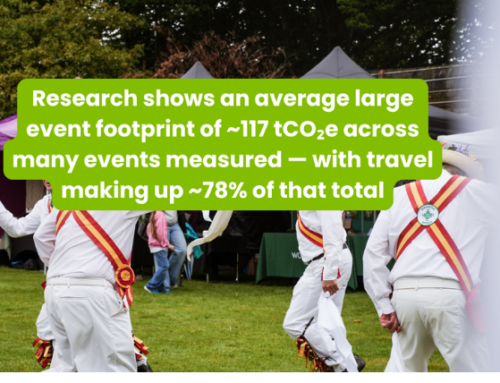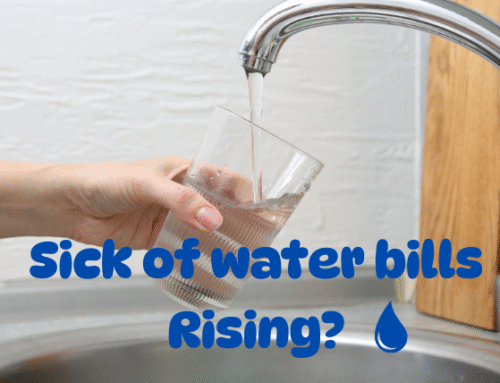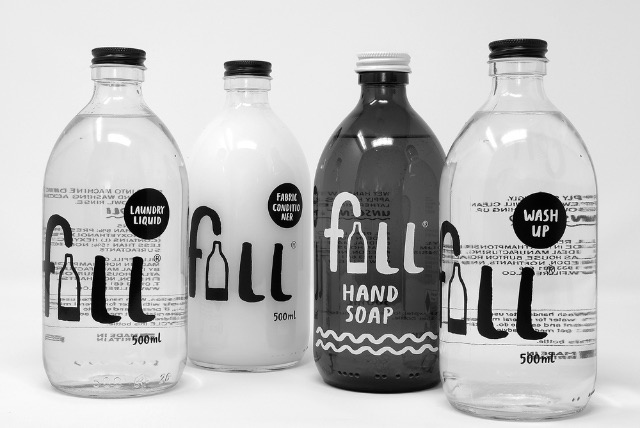
“From Single-Use to Refill: Transforming Your Laundry Routine — and Your Carbon Footprint”
By refilling in your existing Fill Bottle, households can help reduce the demand for single-use plastic, meaning less packaging to manufacture, transport, and recycle.
Refill stations change this.
By keeping and reusing the same bottle, we eliminate single-use plastic and reduce carbon emissions embedded in new packaging.
💰 Cost Comparison: Laundry Liquid
| Product | Size | Price for 500ml | Recommended dose | Price Per Wash | Ethical Consumer Score from 100 |
|---|---|---|---|---|---|
| Eco Laundry Liquid available at Sainsburys | 1ltr | £3.37 | 40 ml | 27p | 20 |
| Eco Capsule via subscription | NA | £12.00* | One capsule | 50p | 79 |
| Fill Laundry Liquid via Eco Communities (refill) | 500ml | £3.50 | 20ml | 14p | 95 |
- * – Price is for 24 capsules
1- This Eco liquid is available in many Supermarkets but scores poorly with Ethical Consumer, is comes in a plastic bottle which increases is carbon impact.
2- This product is ne of many that soared around Covid as subscription schemes become popular, many of us haven’t relooked (including me) at the costs. I had started to worry that with the other products I was still creating a lot of waste including cardboard. Also read the pods were not as good for the environment.
3- Fill are top rated by Ethical Consumer and now available in Chester via our Refill and Save scheme.
(Why not subscribe to Ethical Consumer to keep an eye on how ethical your purchases are – CLICK HERE)
🛒 If you live in Chester or can get to Chester – we can now help you Refill – SHOP NOW
How to Purchase
✔️ Now available for collection and delivery in Chester
✔️ Hear more and buy at the Hoole Winter Market – 6th December
The team will be manning a stall featuring:
🧼 Laundry liquid refills, 🧴 Cleaning product refills, Hair and Body Products
🎁 Gift sets for eco-conscious Christmas gifting
PRE-ORDER REMINDER — Full refill bottles are limited. Book your full-size order now to guarantee collection at the event.
Cost Comparison

In other Plastic News
🚯 England to Ban Plastic Wet Wipes – Big Win for Rivers and Seas
The UK Government has confirmed a ban on wet wipes containing plastic, coming into force in Spring 2027.
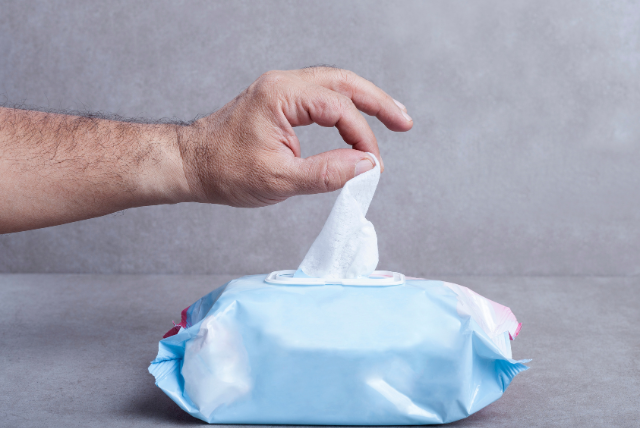
🔍 What’s changing?
-
It will be illegal to sell or supply any wet wipes containing plastic in England
-
Designed to tackle microplastic pollution that harms rivers, wildlife, and seas
-
Removes one of the main contributors to sewer blockages and “fatbergs”
-
The public is urged to bin all wipes — never flush, even if labelled “flushable”
💧 Why this matters:
-
Plastic wipes break down into microplastics
-
They enter waterways and oceans, harming wildlife and spreading toxins
-
Water companies spend millions clearing blocked drains — costs passed on to billpayers
-
Businesses are encouraged to innovate plastic-free alternatives
This is a powerful step towards protecting our river ecosystems — and a reminder that small actions at home really do add up
⚠️ Why Were Millions of Toxic Bio-Beads Washed Up on Camber Sands?
Recently, one of the worst plastic pellet pollution events in UK history struck Camber Sands, where millions of plastic “bio-beads” washed up on the beach.
🧪 What are bio-beads?
Tiny 5 mm plastic pellets used in wastewater treatment plants to help break down sewage. They are meant to stay inside the plant, but mechanical failures allow them to escape into waterways.
🐟 Why they’re dangerous:
-
They are plastic, not biodegradable
-
They absorb toxic chemicals like heavy metals and PAHs
-
Marine animals, fish, birds, and pets can mistake them for food
-
They persist in ecosystems for decades
🧍 Who is responsible?
The beads came from a Southern Water treatment plant. The company has apologised and launched an investigation. Environmental groups are calling for a national phase-out of this technology.
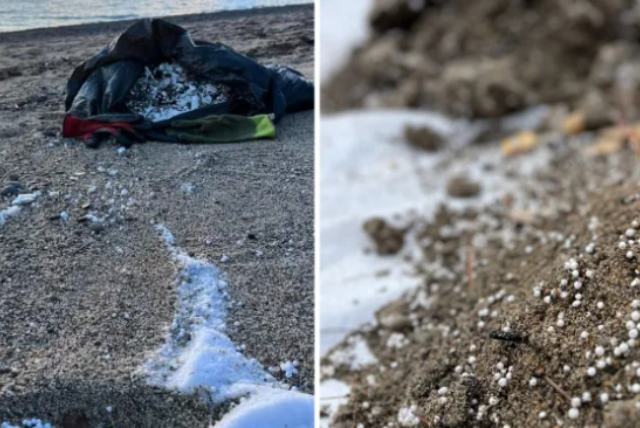
🌊 What can we do?
-
Raise awareness in local groups and schools
-
Support beach clean-up campaigns
-
Contact MPs to demand safer wastewater technology
-
Support organisations like Sussex Wildlife Trust
This incident is a powerful reminder: plastic pollution isn’t just bottles and bags — sometimes it’s hidden and industrial.

